Flight
Once pre-flight preparation is complete, it is recommended to use the flight simulator in DJI GO 4 to
hone your flight skills and practice flying safely. Ensure that all flights are carried out in an open area.
Refer to the Remote Controller and DJI GO 4 sections for information about using the remote controller
and the app to control the aircraft.
Flight Environment Requirements
1. Do not use the aircraft in severe weather conditions including wind speeds exceeding 10 m/s, snow,
rain, and fog.
2. Fly in open areas. Tall structures and large metal structures may affect the accuracy of the onboard
compass and GPS system.
3. Avoid obstacles, crowds, high voltage power lines, trees, and bodies of water.
4. Minimize interference by avoiding areas with high levels of electromagnetism such as locations near
power lines, base stations, electrical substations, and broadcasting towers.
5. Aircraft and battery performance is subject to environmental factors such as air density and
temperature. Be very careful when flying 19685 ft (6000 m) or more above sea level, since battery
and aircraft performance may be reduced.
6. The Mavic 2 cannot use GPS within the polar areas. Use the Downward Vision System when flying in
such locations.
Flight Limits and GEO Zones
Abide by all laws and regulations when flying your Mavic 2 Pro/Zoom. Flight limitations are applied by
default to help users operate this product safely and legally. Flight limitations include altitude limits,
distance limits, and GEO Zones.
Altitude limits, distance limits, and GEO Zones function concurrently to manage flight safety when
operating in P-mode.
Flight Altitude and Distance Limits
The flight altitude and distance limits may be changed in DJI GO 4. The maximum flight altitude setting
cannot exceed 1640 ft (500 m). Based on these settings, the aircraft will fly in a restricted cylinder, as
shown below:
Max Radius
Max Flight Altitude
Height of aircraft Home Point
when turned on
© 2018 DJI All Rights Reserved. 55
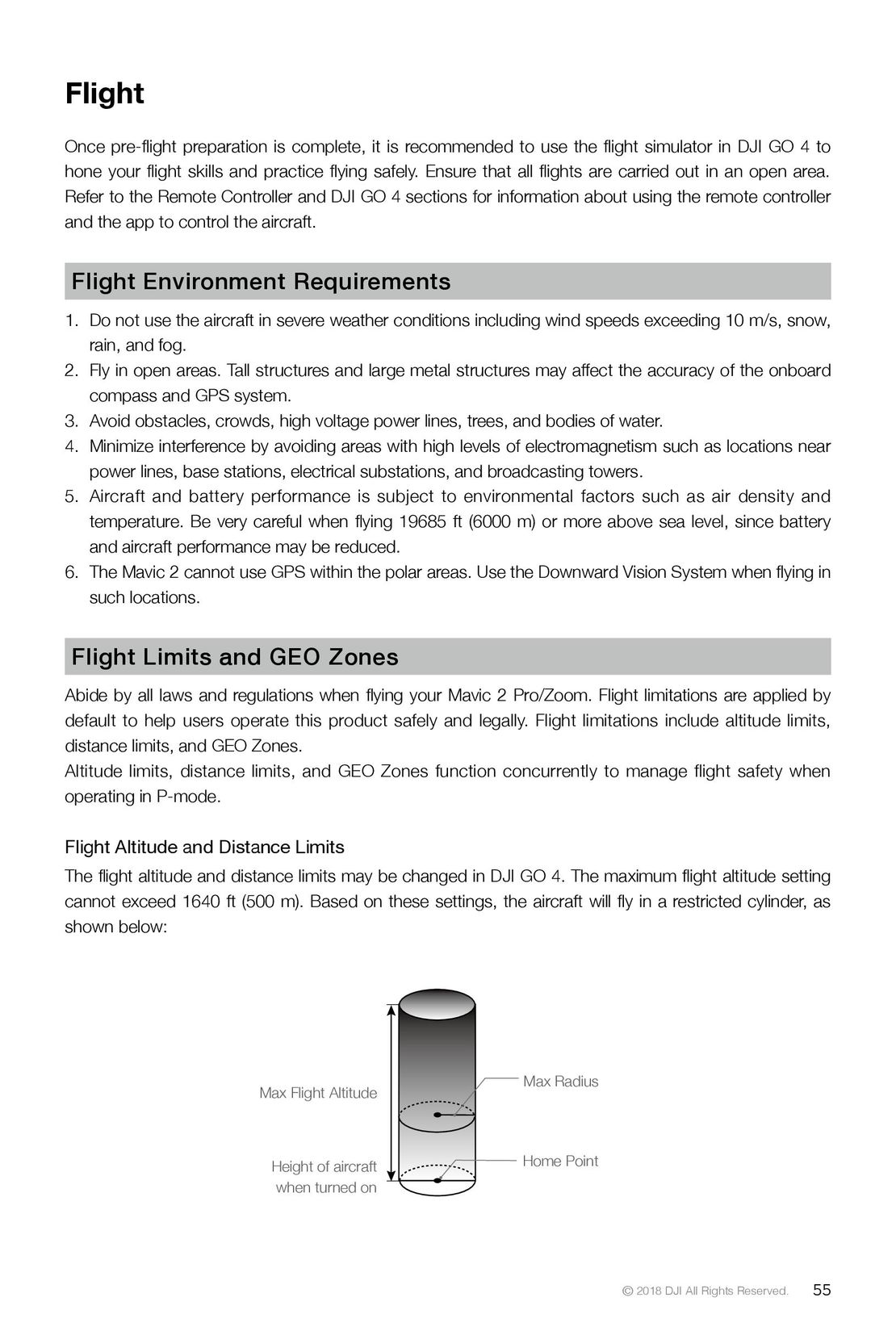
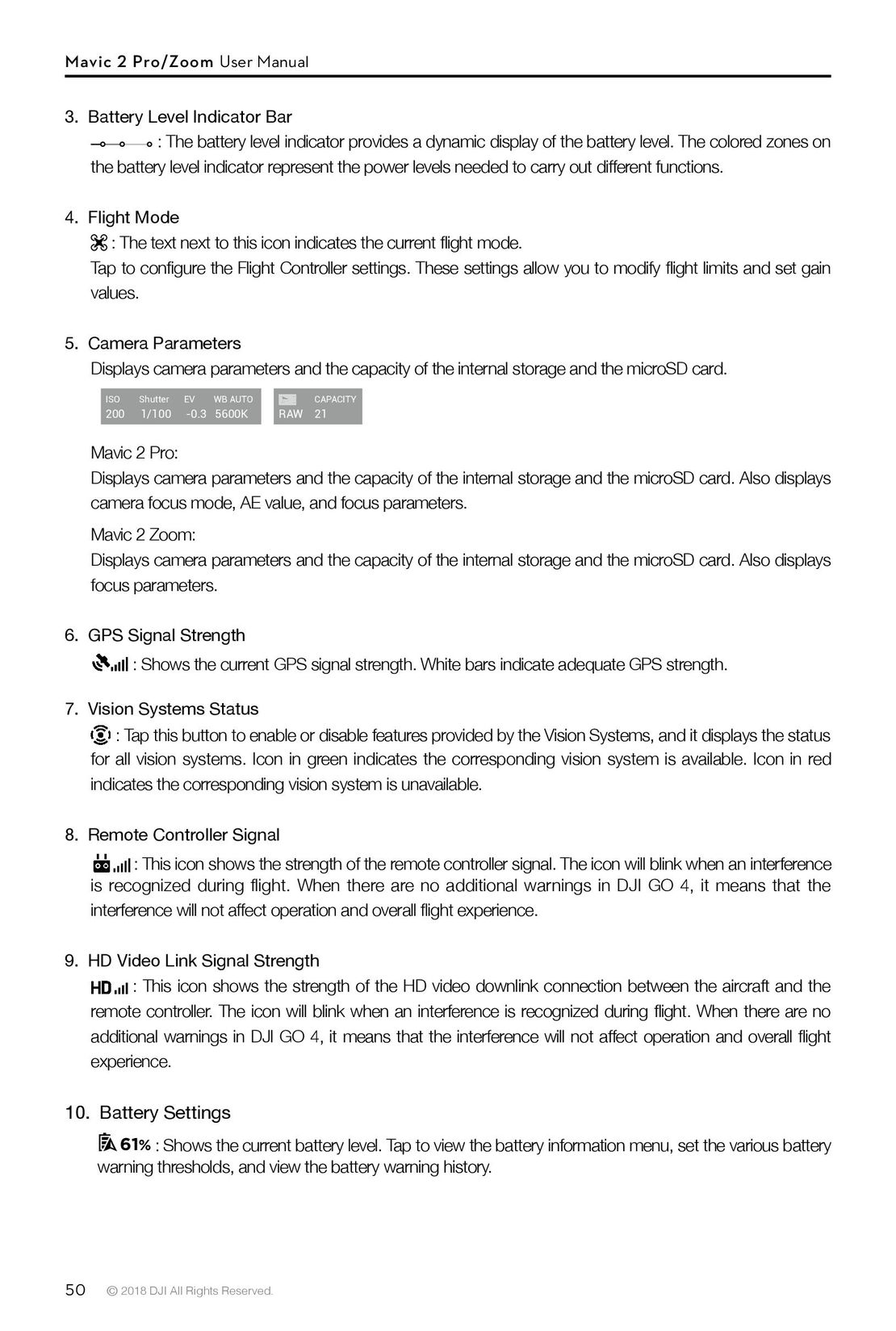 50
50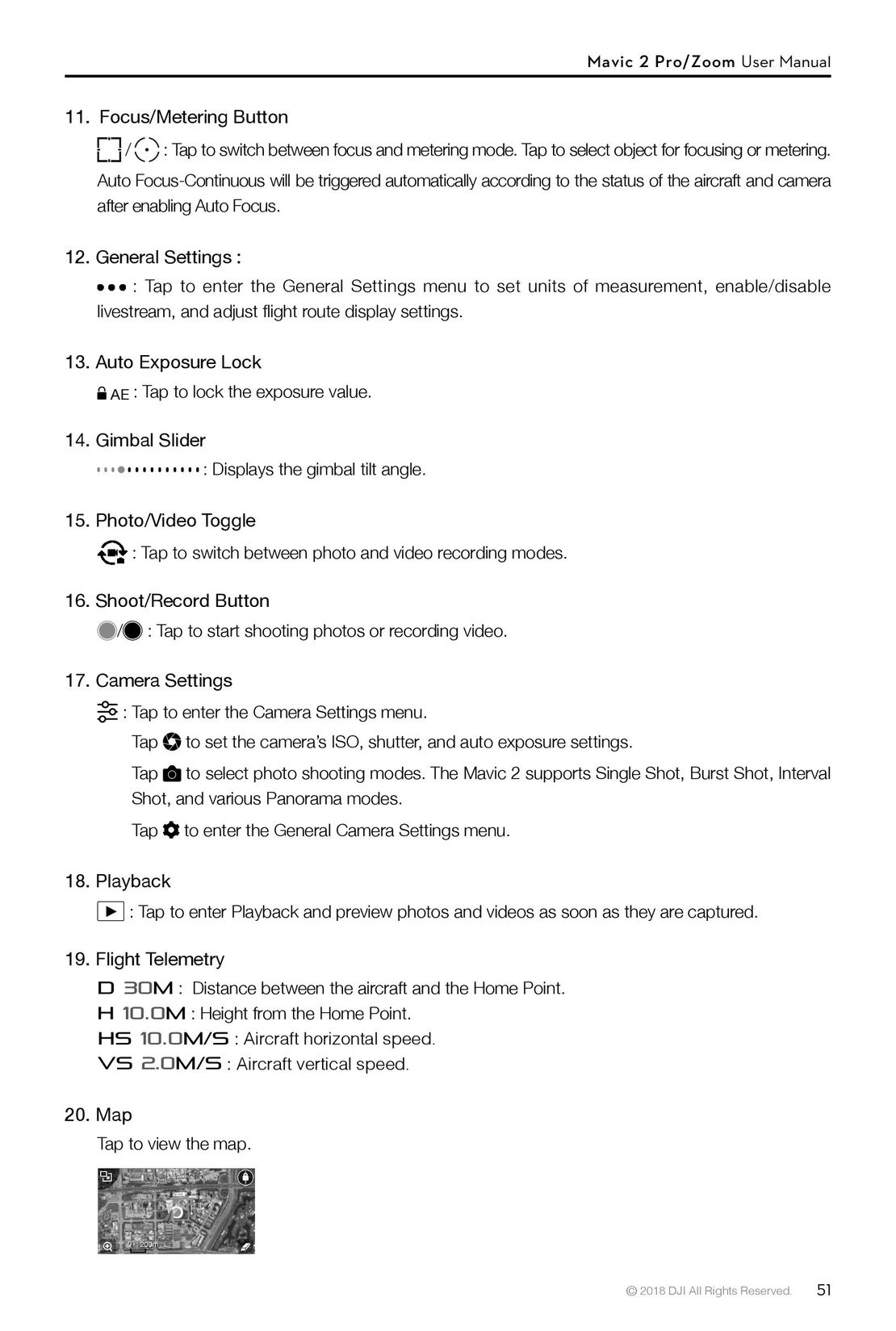 51
51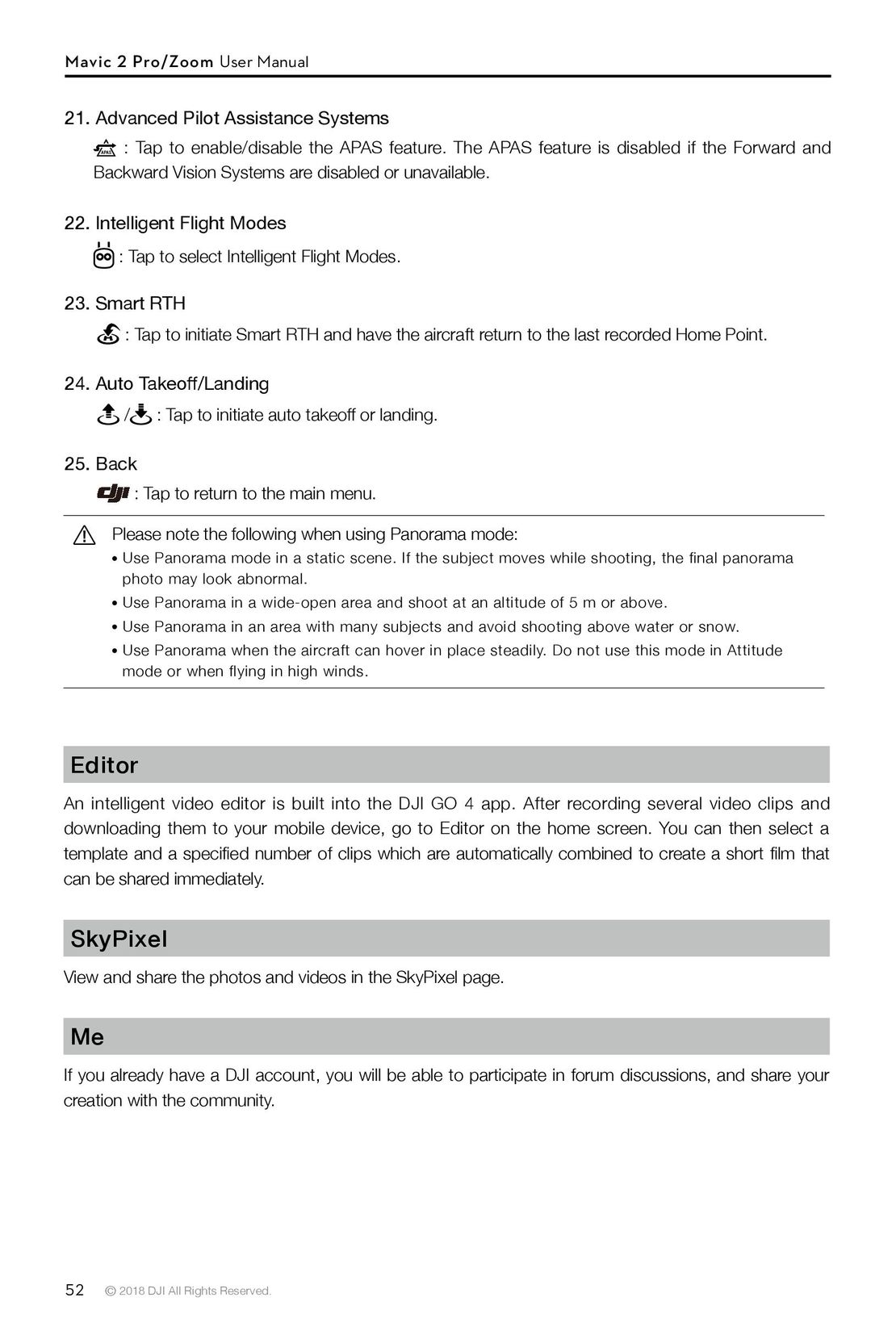 52
52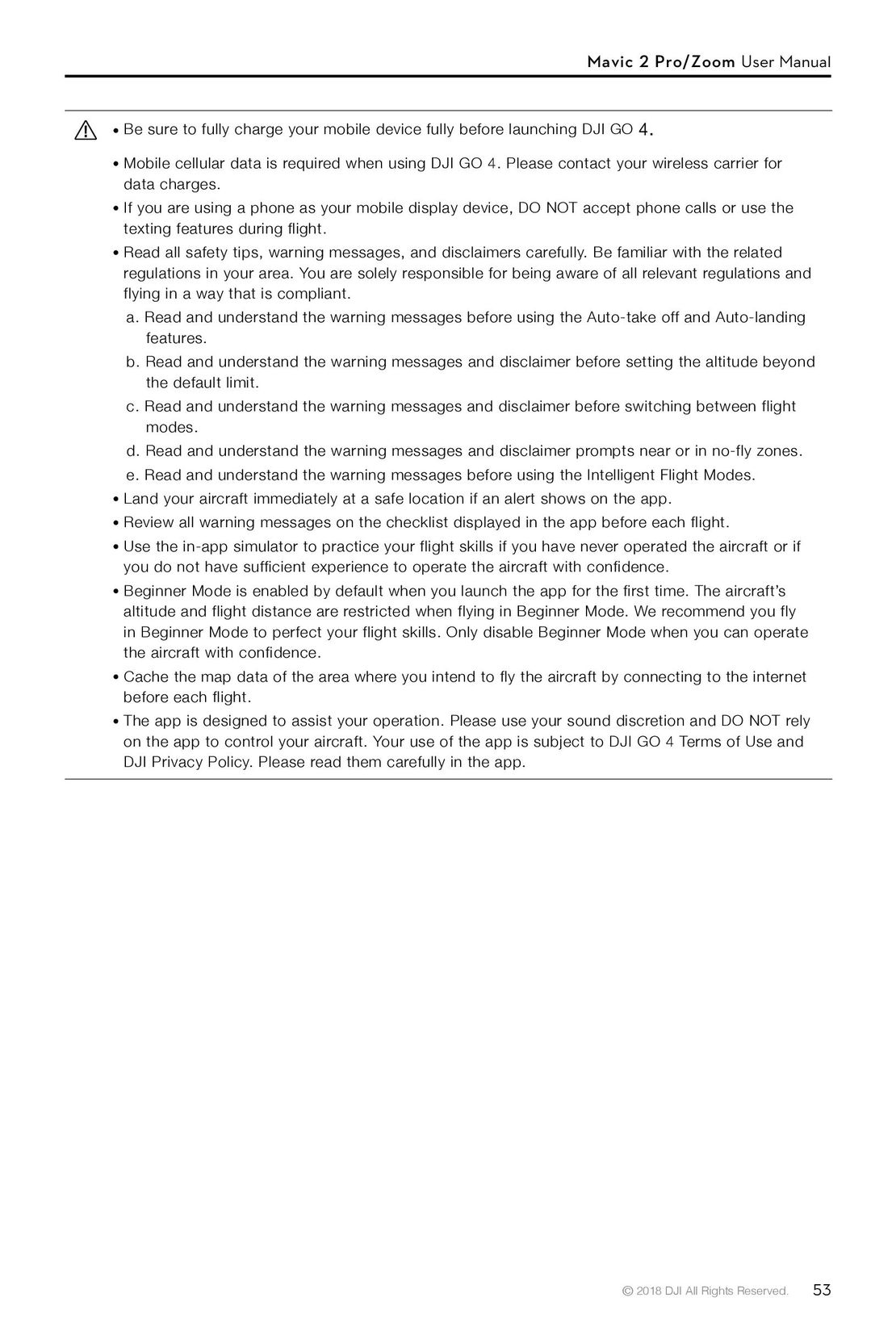 53
53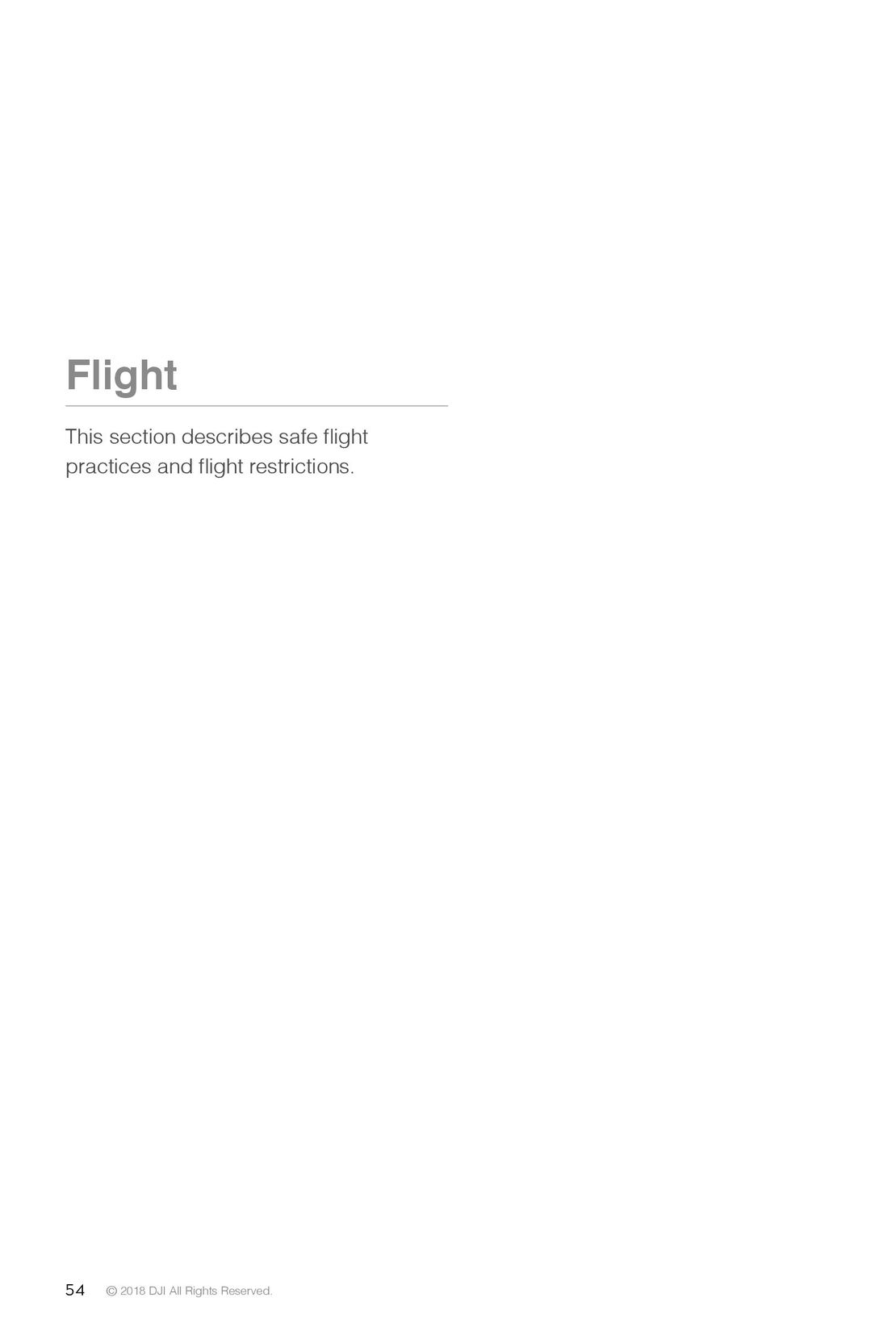 54
54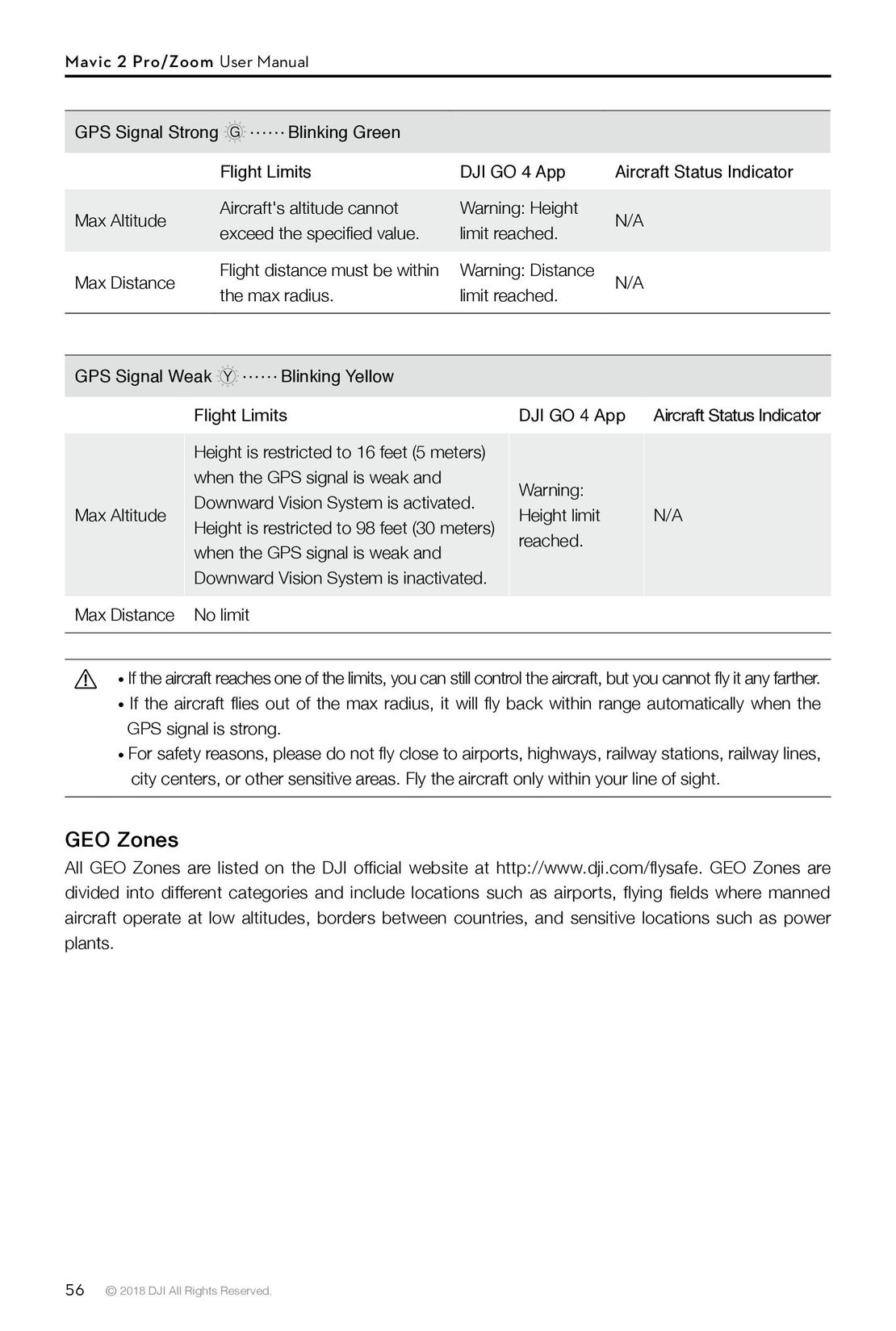 56
56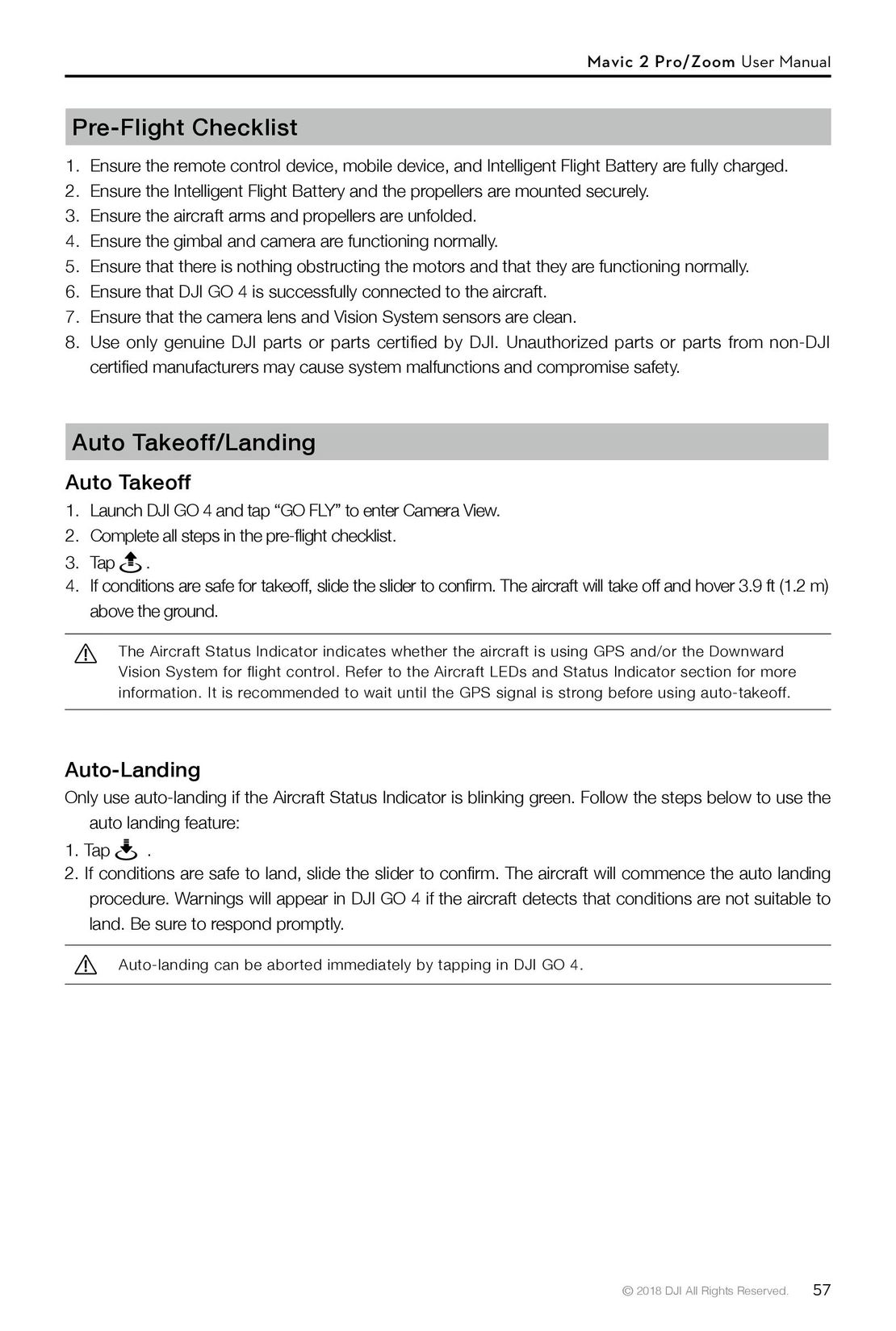 57
57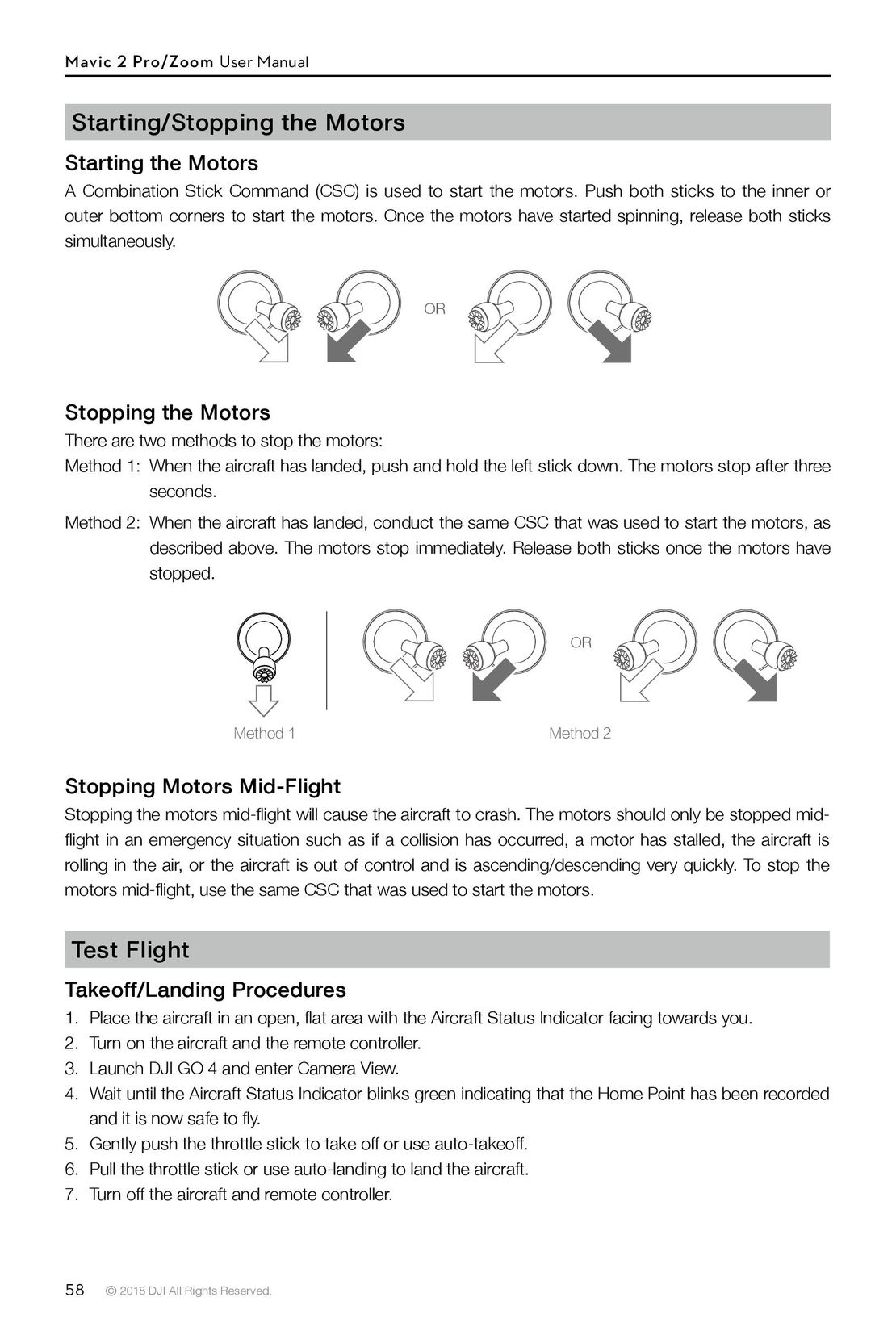 58
58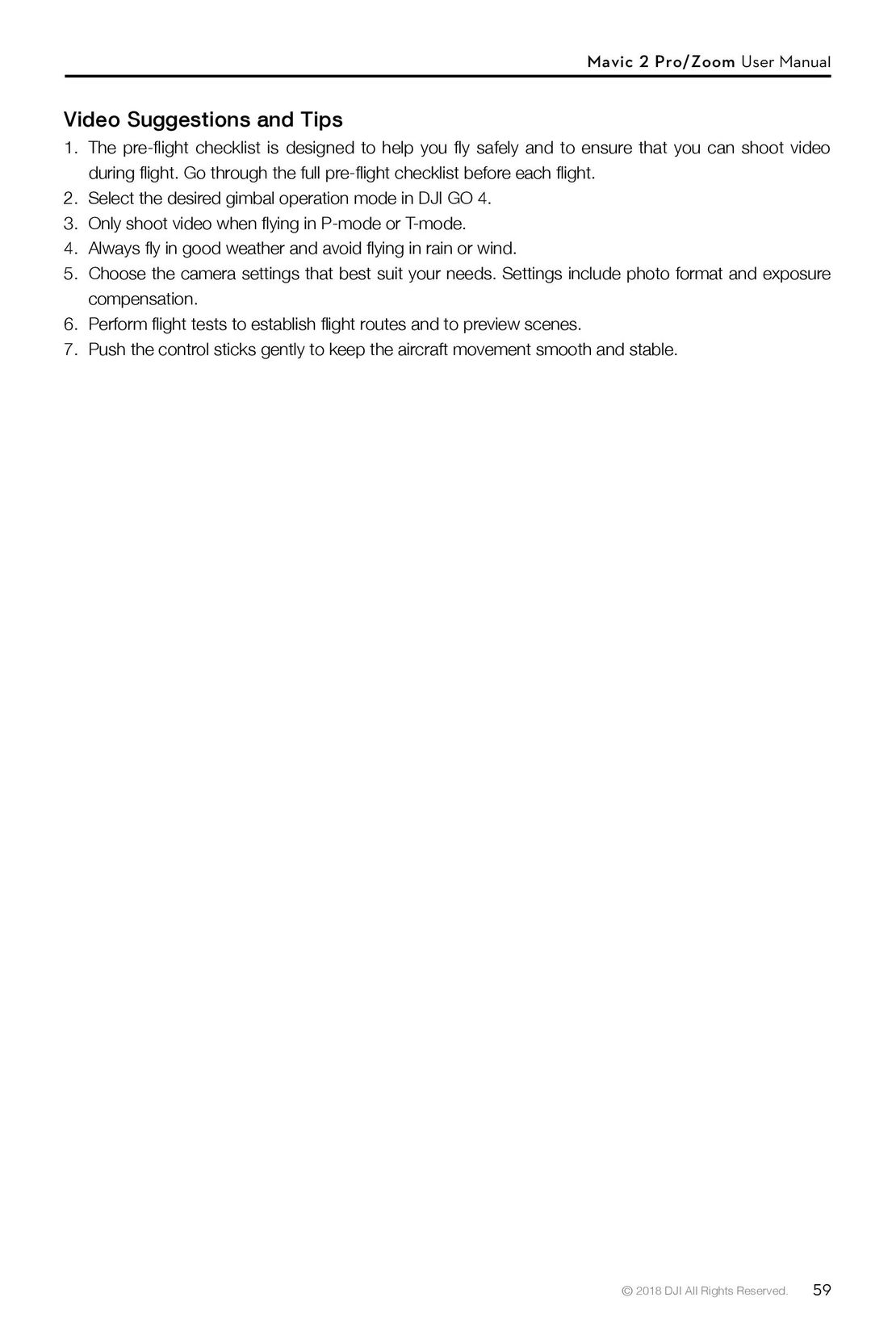 59
59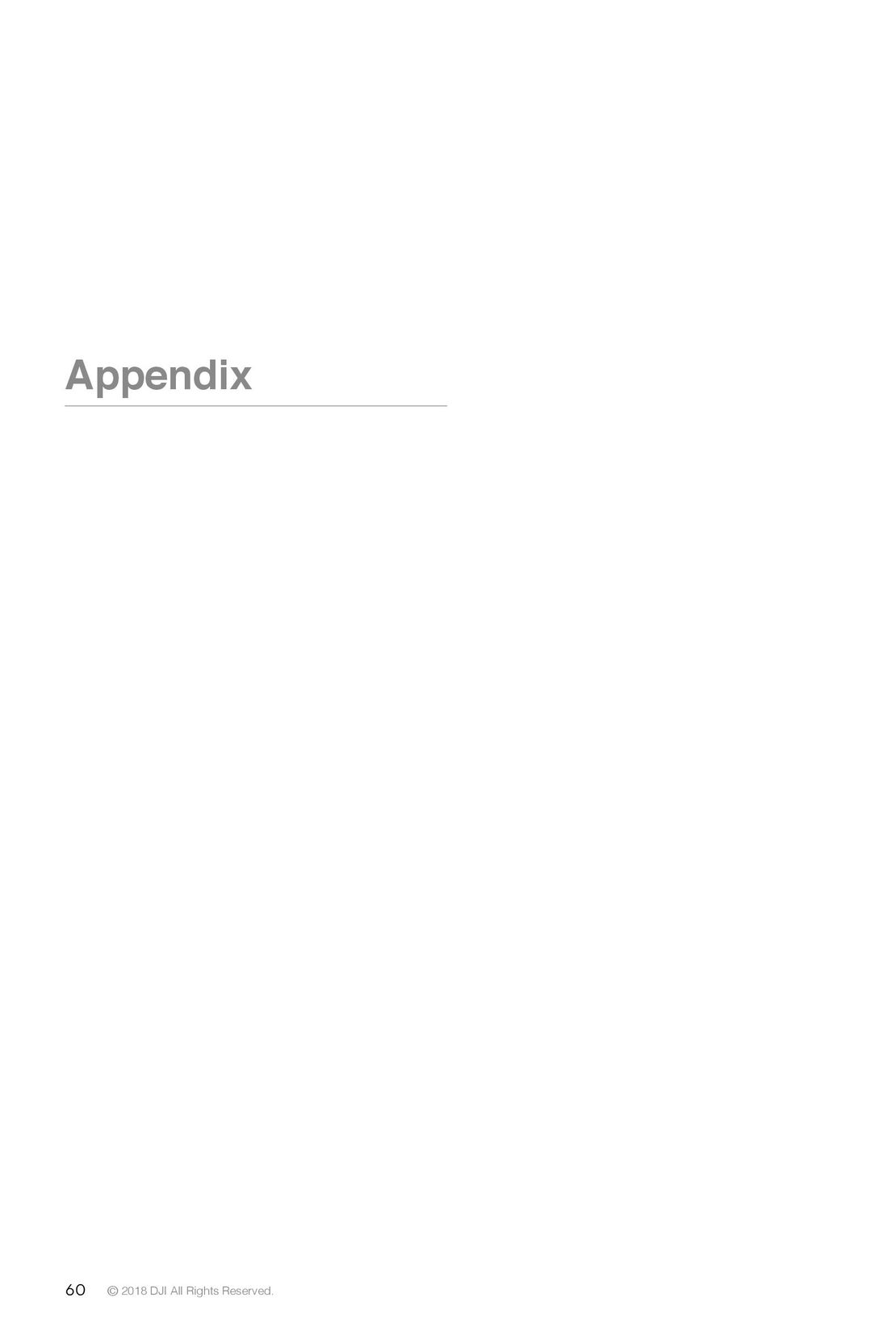 60
60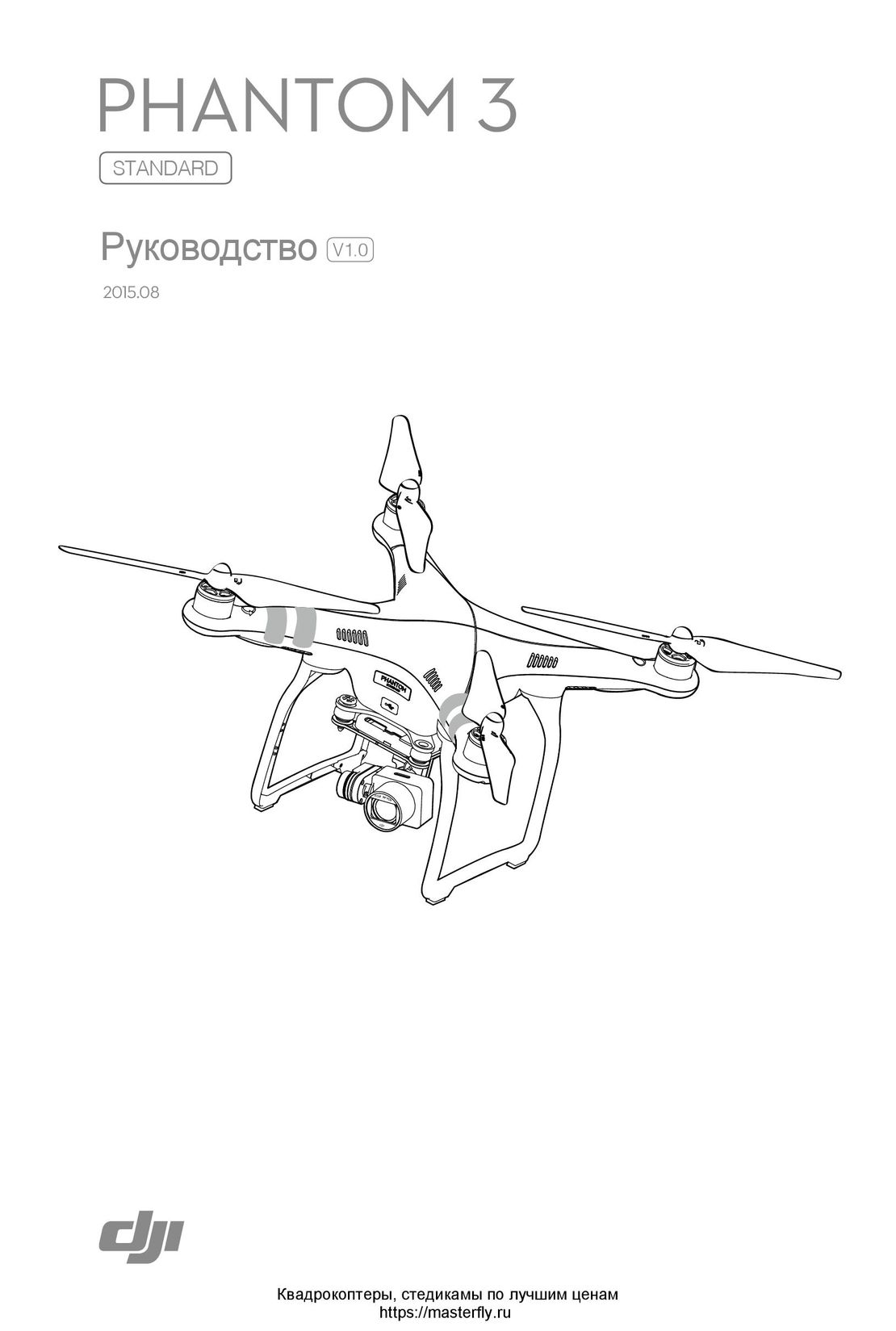 DJI Phantom 3 Standard инструкция на русском
DJI Phantom 3 Standard инструкция на русском DJI Phantom 4 Pro Plus инструкция на русском
DJI Phantom 4 Pro Plus инструкция на русском DJI Phantom 3 Advanced инструкция на русском
DJI Phantom 3 Advanced инструкция на русском Syma X54HW X54HC инструкция на русском
Syma X54HW X54HC инструкция на русском Syma X5UW инструкция на русском
Syma X5UW инструкция на русском DJI Mavic Pro и Pro Platinum инструкция на русском
DJI Mavic Pro и Pro Platinum инструкция на русском